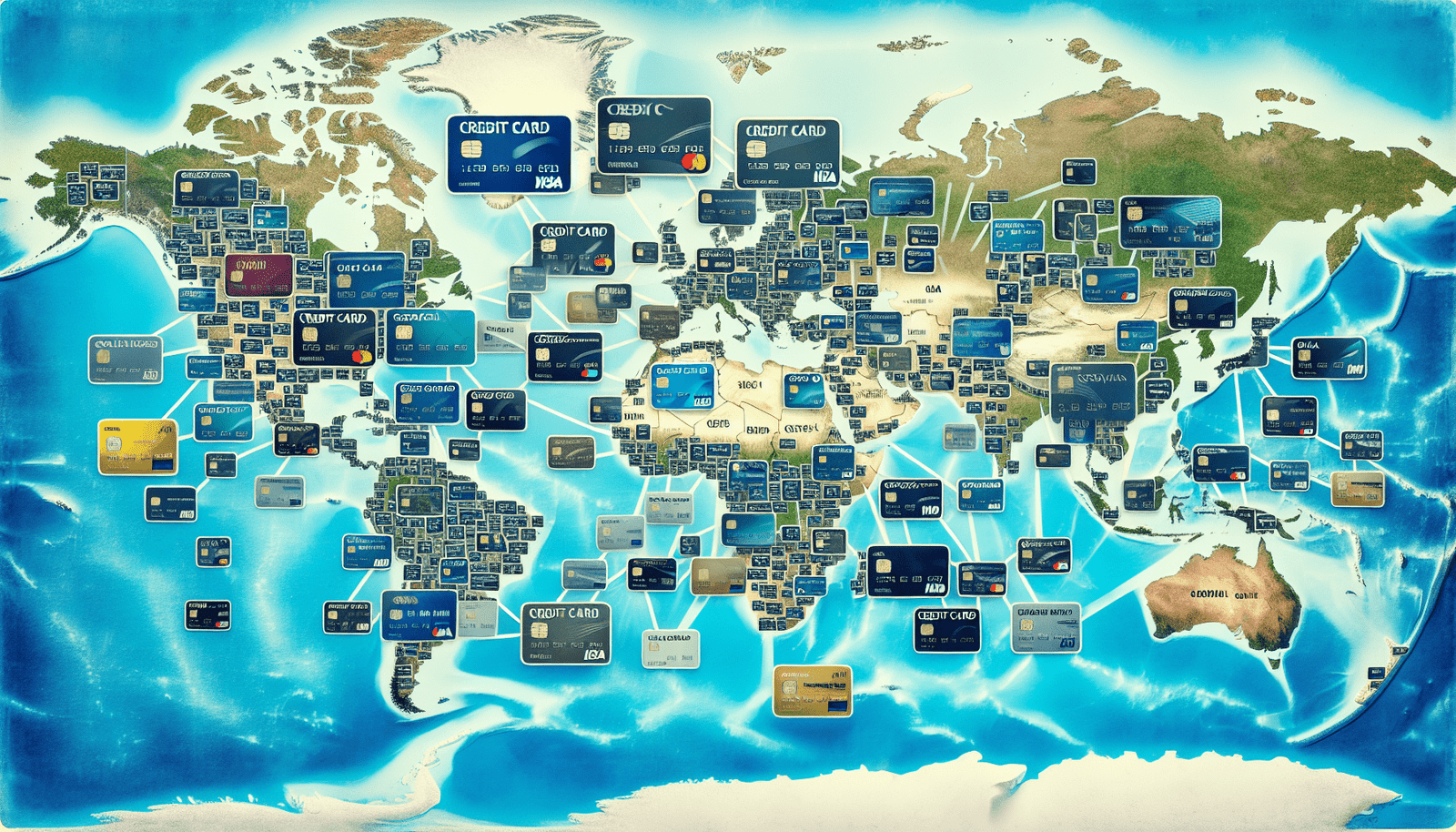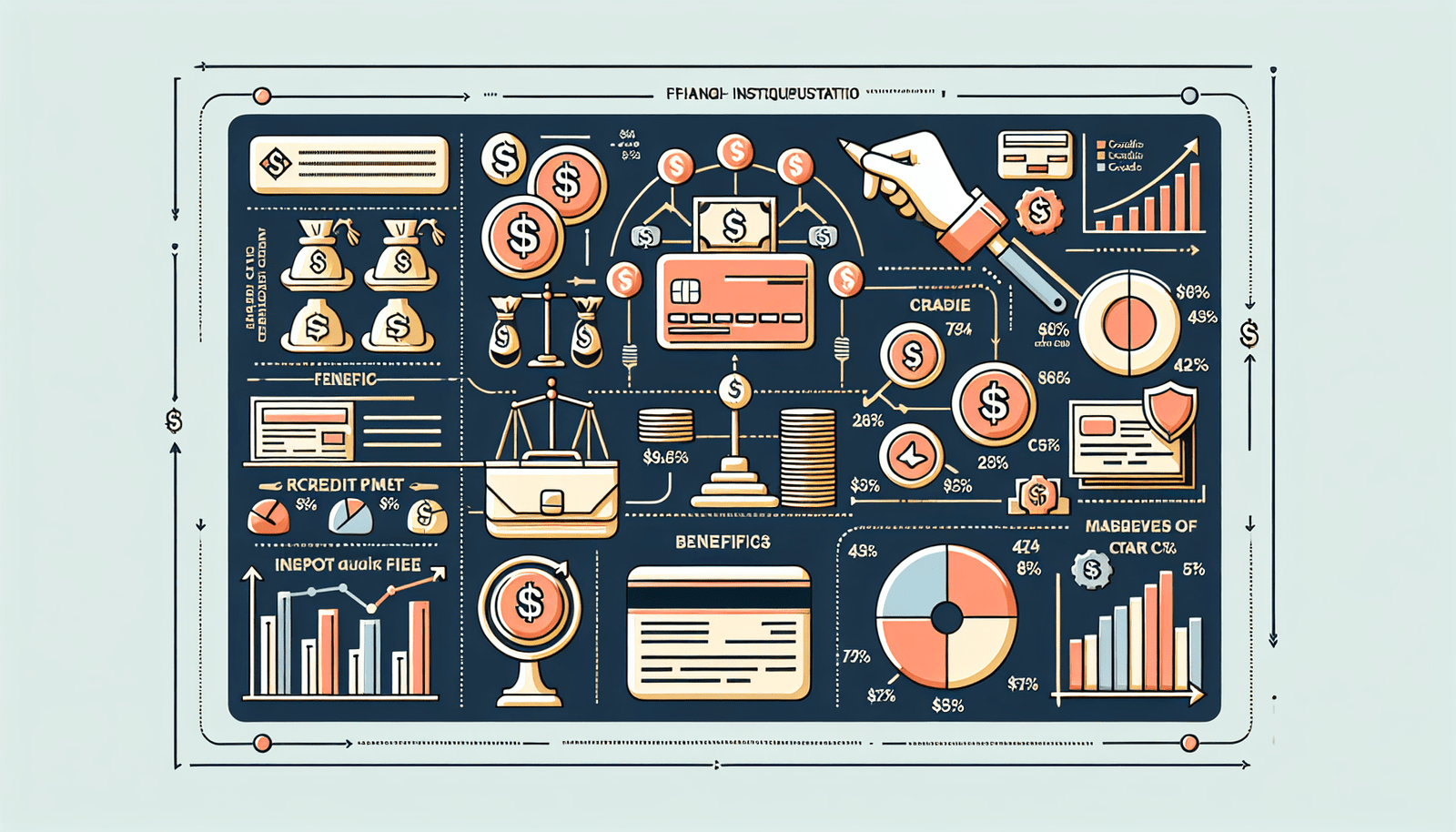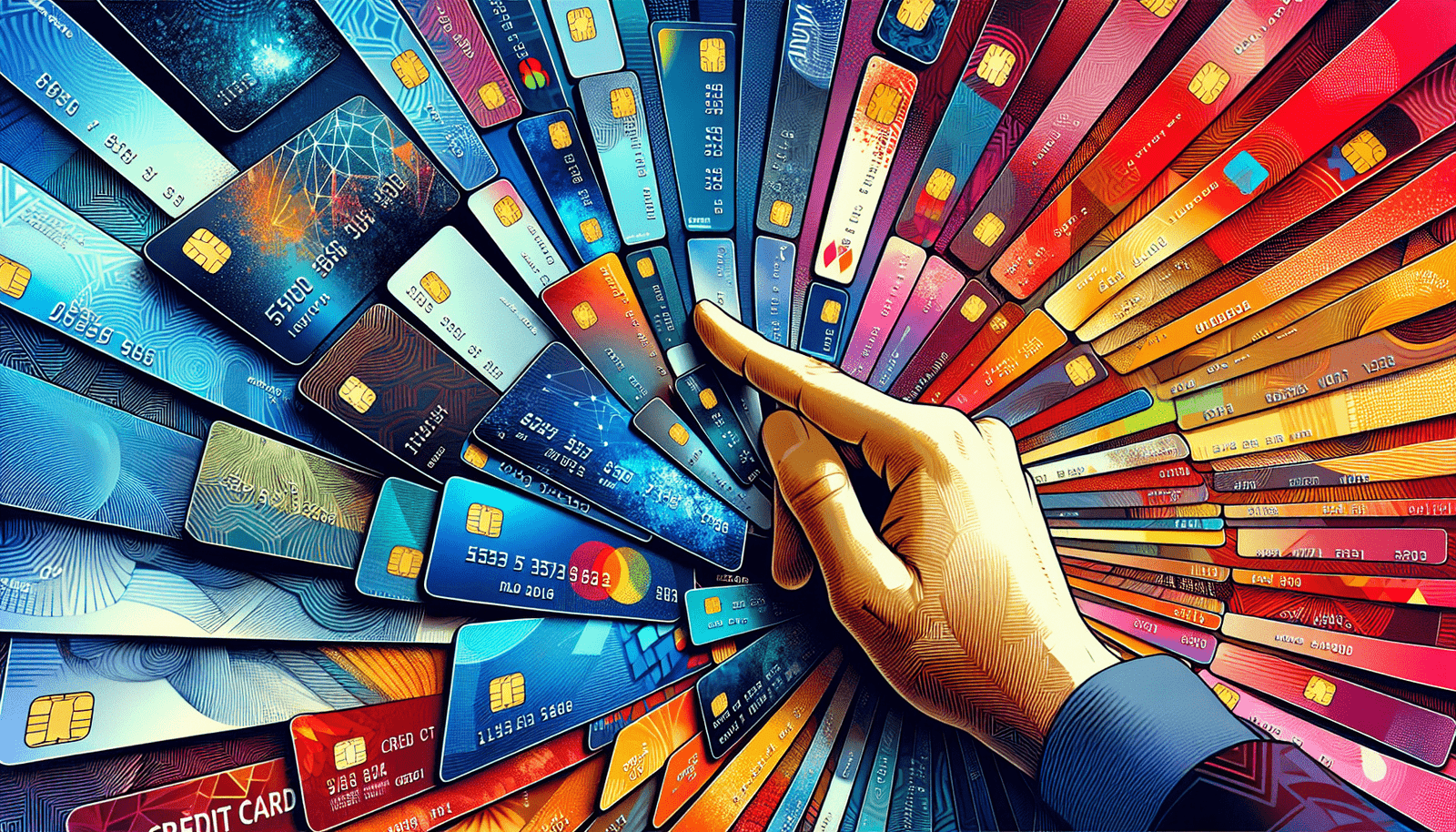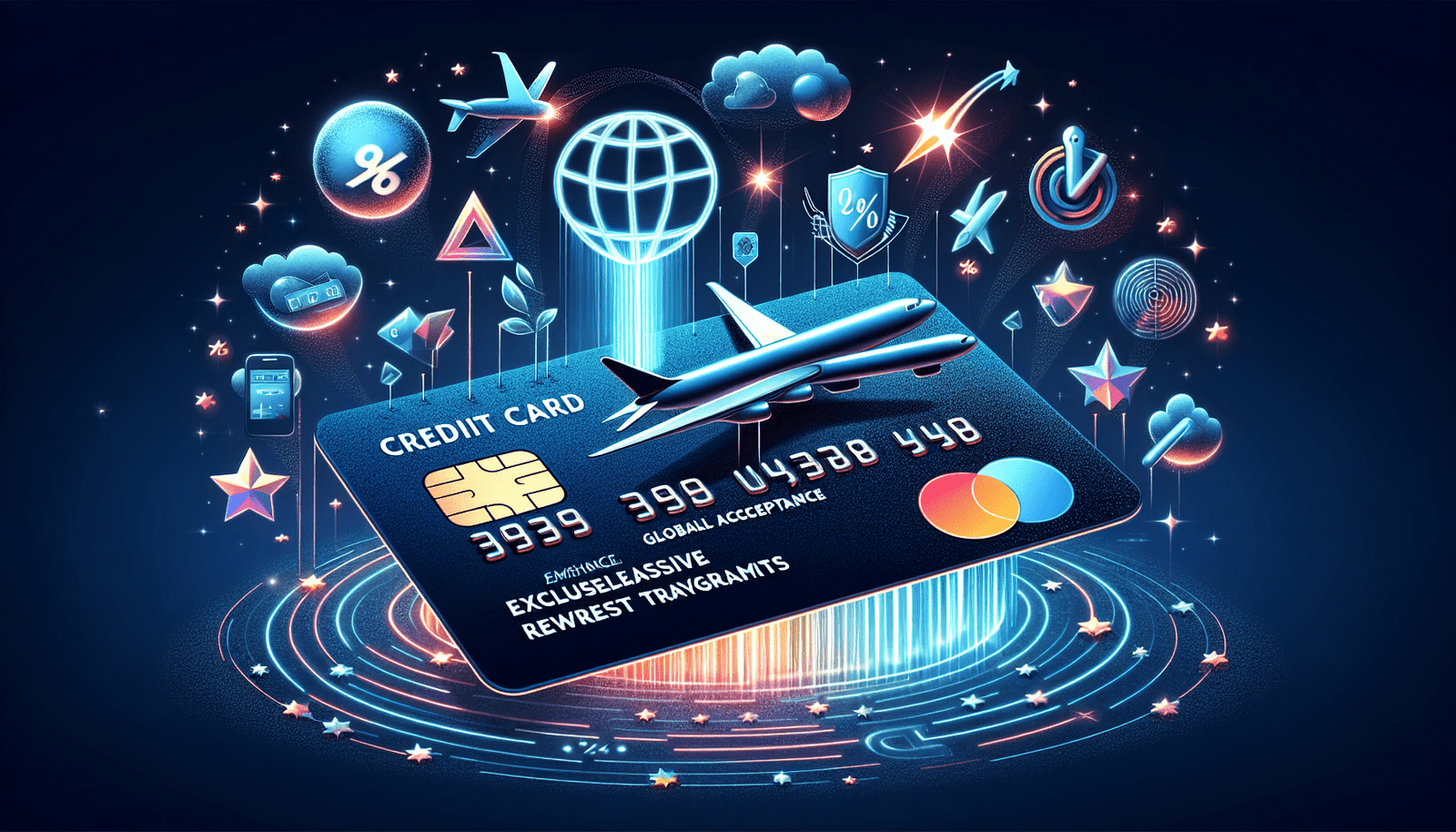Imagine you’re in Malaysia, ready to embark on some exciting retail therapy. As you stroll through the bustling markets and charming boutiques, you find yourself faced with a choice: should you whip out your credit card or your debit card? While both allow you to make purchases without carrying cash, there are significant differences between the two. In this article, we’ll break down the distinctions between credit cards and debit cards in Malaysia, empowering you to make educated and savvy financial choices. So grab a cup of teh tarik and let’s explore the world of plastic money together!

Credit Card Features
Credit cards offer a range of features that can be beneficial to cardholders. These features include rewards and benefits, interest rates, credit limit, annual fees, usage, credit score, fraud protection, international use, balance transfers, and cash advances.
Rewards and Benefits
One of the main advantages of using a credit card is the rewards and benefits that come with it. Many credit cards offer cashback rewards, airline miles, or points that can be redeemed for various goods and services. These rewards can be a great way to save money or earn extra perks.
Interest Rates
Credit cards typically charge interest on outstanding balances. It is important to compare credit card interest rates to ensure you are getting the best deal. Low-interest rates can help you save money on interest charges if you carry a balance on your card.
Credit Limit
The credit limit on a credit card is the maximum amount of money you can borrow at any given time. Your credit limit is determined by factors such as your income, credit score, and credit history. It is essential to manage your credit limit responsibly to avoid overspending and accumulating excessive debt.
Annual Fee
Some credit cards may charge an annual fee for the privileges and benefits they offer. Before choosing a credit card, it is important to consider whether the annual fee is worth the rewards and benefits you will receive. There are many credit cards available that do not charge an annual fee, so it’s worth exploring different options.
Usage
Credit cards are widely accepted by merchants and can be used for various types of transactions, both online and offline. They offer convenience and flexibility in making purchases without the need for cash. However, it is important to use credit cards responsibly and not overspend beyond your means.
Credit Score
Using a credit card responsibly can help you build and improve your credit score. Lenders consider your credit score when determining your eligibility for loans, mortgages, and other forms of credit. Making timely payments and keeping your credit utilization low can positively impact your credit score.
Fraud Protection
Credit cards offer robust fraud protection measures to safeguard against unauthorized transactions. Most credit card issuers monitor card activity for any suspicious transactions and provide zero liability protection, meaning you will not be held responsible for fraudulent charges. This provides peace of mind when using your credit card, knowing that you are protected against fraudulent activity.
International Use
Credit cards are widely accepted internationally, making them a convenient payment method when traveling abroad. Many credit cards offer no foreign transaction fees, making it cost-effective to use your card for purchases in different currencies. It is essential to notify your credit card issuer about your travel plans to avoid any issues with card usage overseas.
Balance Transfer
If you have existing credit card debt with high-interest rates, you may consider a balance transfer to a credit card with a lower interest rate. Balance transfers allow you to move the outstanding balance from one credit card to another, potentially saving you money on interest charges. However, it is important to read the terms and conditions carefully and understand any balance transfer fees that may apply.
Cash Advance
Credit cards offer the option of obtaining a cash advance, which allows you to withdraw cash from an ATM or bank branch. However, cash advances usually come with higher interest rates and transaction fees, so they should be used as a last resort. It is important to be aware of the terms and fees associated with cash advances and consider alternative options for accessing cash if possible.
Debit Card Features
Debit cards, on the other hand, offer a different set of features compared to credit cards. These features include real-time transactions, instant access to funds, no interest charges, no credit score impact, no annual fee, usage, fraud protection, international use, overdraft protection, and cash withdrawal.
Real-Time Transaction
When using a debit card, transactions are processed in real-time, deducting funds directly from your linked bank account. This ensures that you are spending within the funds available in your account, helping you maintain better control over your finances.
Instant Access to Funds
With a debit card, you have immediate access to the funds in your bank account. This can be particularly useful when making purchases or withdrawing cash, as there is no need to wait for credit card bill payments or approval processes.
No Interest Charges
Since debit cards are linked to your bank account, there are no interest charges associated with using them. This means that you do not have to worry about accruing debt or paying interest on your purchases.
No Credit Score Impact
Unlike credit cards, debit card usage does not impact your credit score. Since you are not borrowing money or taking on debt, your debit card usage does not contribute to your credit history or creditworthiness.
No Annual Fee
Debit cards typically do not charge an annual fee. This makes them a cost-effective payment option, as you do not have to worry about recurring fees for using the card.
Usage
Debit cards can be used for various transactions, including online and offline purchases, bill payments, and ATM withdrawals. They are widely accepted by merchants and provide a convenient way to access your funds.
Fraud Protection
Similar to credit cards, debit cards also offer fraud protection. Most banks monitor card activity for any suspicious transactions and provide zero liability protection, ensuring that you are not held responsible for unauthorized charges on your debit card.
International Use
Debit cards can also be used internationally, allowing you to make purchases and withdraw cash when traveling abroad. However, it is important to notify your bank about your travel plans to prevent any issues with card usage overseas.
Overdraft Protection
Some debit cards offer overdraft protection, which allows you to spend beyond the available balance in your bank account, up to a certain limit. This can provide a safety net in case of emergencies or unexpected expenses. However, it is important to understand the terms and fees associated with overdraft protection, as overdrawing your account can result in fees or penalties.
Cash Withdrawal
Debit cards enable you to withdraw cash from ATMs, providing you with easy access to funds. This can be particularly useful in situations where cash is required, such as when traveling to areas where card acceptance may be limited.
How They Work
Both credit cards and debit cards function differently in terms of payment processes and the impact on your finances. Understanding how they work can help you make informed decisions about which type of card to use in different situations.
Credit Card Functionality
When you make a purchase with a credit card, the credit card issuer is essentially lending you money to complete the transaction. The purchase amount is added to your credit card balance, and you are required to make payments to the credit card issuer to repay the borrowed amount. If you do not pay the full balance by the due date, interest charges may apply.
Credit cards also provide a grace period, usually between 21 to 25 days, during which you can pay off your balance without incurring interest charges. This grace period allows you to make purchases and delay the payment without incurring additional costs, as long as you pay the full balance by the due date.
Debit Card Functionality
When you use a debit card, the payment is deducted directly from your linked bank account. The funds are transferred from your account to the recipient’s account in real-time, ensuring that you are using the funds available in your bank account.
Since debit cards are linked to your own money, there is no need to repay borrowed funds or make regular payments to a credit card issuer. The transaction is considered as a direct transfer of funds from your account to the recipient’s account.
Payment Process
The payment process for credit cards and debit cards may also differ in terms of authorization and payment verification.
Credit card payments typically require the cardholder to provide a signature or enter a PIN to verify the transaction. The cardholder’s payment information, including the card number, expiration date, and CVV code, is processed and verified by the merchant’s payment system before completing the transaction.
Debit card payments, on the other hand, can be authorized using a PIN or contactless payment methods such as tap-and-go or mobile payments. The payment is verified by authenticating the cardholder’s identity and confirming that the funds are available in the linked bank account.
Application Process
The process of applying for a credit card or a debit card may vary depending on the card issuer and the specific requirements. Understanding the application process can help you navigate the application process smoothly.
Credit Card Application
To apply for a credit card, you typically need to fill out an application form provided by the credit card issuer. The application form will require you to provide personal information such as your name, contact details, employment information, and financial information.
Credit card issuers also consider factors such as your credit score and credit history when evaluating your application. A higher credit score improves your chances of approval and may also result in better credit card offers with more favorable terms and higher credit limits.
Debit Card Application
Applying for a debit card is typically a simpler process compared to a credit card application. Debit cards are often issued by banks or financial institutions when you open a checking or savings account. The application process usually involves providing your personal information, such as your name, address, identification documents, and proof of address.
Eligibility Criteria
Both credit cards and debit cards have eligibility criteria that you must meet to qualify for a card. Credit card issuers may consider factors such as your income, employment status, credit history, and age when evaluating your eligibility. Debit cards, on the other hand, are usually available to anyone who holds a bank account with the respective bank or financial institution.
Required Documents
When applying for a credit card or a debit card, you may be required to provide certain documents to support your application. These documents typically include identification documents such as a passport or identification card, proof of address such as utility bills or bank statements, and proof of income such as pay slips or tax returns.
Approval Process
The approval process for credit cards and debit cards may differ. Credit card applications are subject to a more stringent approval process, as issuers evaluate your creditworthiness and risk profile. It may take longer for credit card applications to be processed, and the issuer may request additional information or documentation before making a decision.
Debit card applications, on the other hand, are usually processed more quickly, as long as you meet the eligibility criteria and provide the necessary documents.

Types of Users
Different individuals have different needs and preferences when it comes to card usage. Understanding the types of users for both credit cards and debit cards can help you determine which type of card is more suitable for your financial habits.
Credit Card Users
Credit card users are individuals who prefer the convenience and flexibility of borrowing money and repaying it later. They may be frequent travelers who value the rewards and benefits offered by credit cards, or individuals who prefer the added security and fraud protection measures provided by credit cards.
Credit card users may be responsible individuals who are diligent in repaying their credit card balances on time to avoid high-interest charges. They may also have a good credit score and credit history, allowing them to qualify for credit cards with favorable terms and higher credit limits.
Debit Card Users
Debit card users, on the other hand, prefer the simplicity and control of spending their own money directly from their bank accounts. They are individuals who prioritize avoiding debt and interest charges, and prefer to have immediate access to their funds.
Debit card users may be more budget-conscious and prefer the transparency of spending only what is available in their bank accounts. They may also be individuals who prefer to track their expenses closely and avoid overspending.
Suitability
The suitability of credit cards and debit cards depends on an individual’s financial habits, preferences, and needs. Credit cards are more suitable for individuals who can manage credit responsibly, pay their balances in full, and take advantage of the rewards and benefits offered. Debit cards are more suitable for individuals who prefer to use their own money and avoid the temptation of borrowing or overspending.
Budget Management
Both credit cards and debit cards can be useful tools for budget management, as long as they are used responsibly and in line with your financial goals. Understanding how to effectively manage your budget with each type of card is essential for maintaining control over your finances.
Credit Card Budgeting
Using a credit card for budgeting can provide additional benefits such as rewards, fraud protection, and the ability to track expenses easily. When using a credit card for budgeting, it is important to set a budget and stick to it to avoid overspending. Regularly reviewing your credit card statements and monitoring your spending can help you stay on track with your budget.
It is also important to make timely credit card payments and pay your balances in full to avoid interest charges. Setting up automatic payments or reminders can help ensure that you do not miss any payment due dates.
Debit Card Budgeting
Debit cards can also be effective tools for budget management, as they allow you to spend only the funds available in your bank account. When using a debit card for budgeting, it is important to have a clear understanding of your income and expenses. Creating a budget and tracking your spending can help you stay within your means and avoid overspending.
Monitoring your bank account balance regularly and reconciling your transactions can help you stay on top of your finances. It is also important to be mindful of any fees or charges associated with using your debit card, such as ATM withdrawal fees or overdraft fees.
Tracking Expenses
Both credit cards and debit cards offer the convenience of easy expense tracking. Regularly reviewing your credit card or bank statements can help you understand your spending patterns, identify areas where you may be overspending, and make necessary adjustments to your budget.
There are also various budgeting apps and tools available that can help you track your expenses and manage your finances more effectively. These tools can categorize your spending, provide insights into your financial habits, and help you set and achieve your financial goals.

Overspending Risk
Both credit cards and debit cards carry the risk of overspending if not used responsibly. Understanding the potential risks of overspending and implementing strategies to manage them can help you avoid accumulating excessive debt and maintain control over your finances.
Credit Card Overspending
Credit cards can be a temptation to overspend, as they allow you to make purchases without immediate payment. It is important to set a budget and avoid charging more on your credit card than you can afford to repay. Keeping track of your credit card balances, setting spending limits, and regularly reviewing your statements can help you avoid falling into the trap of credit card overspending.
Debit Card Overspending
While debit cards are linked to your own funds, it is still possible to overspend if you do not monitor your bank account balance closely. It is important to be aware of the available funds in your account and avoid spending more than what you have. Regularly checking your bank account balance and tracking your transactions can help you avoid overdrawing your account or incurring overdraft fees.
Managing Overspending
If you find yourself consistently overspending with either a credit card or a debit card, it may be necessary to reassess your spending habits and make adjustments. Creating a realistic budget, setting financial goals, and practicing discipline and self-control can help you manage overspending.
Seeking professional financial advice or enrolling in budgeting and money management courses can provide additional support and guidance in managing overspending and improving your financial habits.
Credit Building
Using credit cards and debit cards can have different impacts on your credit score and credit building. Understanding how each type of card can influence your creditworthiness is important for those who are looking to build and improve their credit.
Credit Card and Credit Score
Using a credit card responsibly and making timely payments can help you build and improve your credit score. Regularly using your credit card and repaying your balances in full can demonstrate responsible credit behavior and establish a positive credit history. This can be beneficial when applying for loans, mortgages, or other forms of credit in the future.
Debit Card and Credit Score
Using a debit card does not directly impact your credit score, as you are not borrowing money or taking on debt. Debit card usage is not reported to credit bureaus, so it does not contribute to your credit history or creditworthiness.
Building Credit
If building or improving your credit is a priority, using credit cards responsibly and establishing a positive credit history is essential. Making timely payments, keeping your credit utilization low, and avoiding excessive debt can help you build and maintain a good credit score.
It is important to note that while debit card usage does not directly impact your credit score, having a solid financial foundation with responsible debit card usage can support your overall financial well-being and contribute to a positive credit profile.
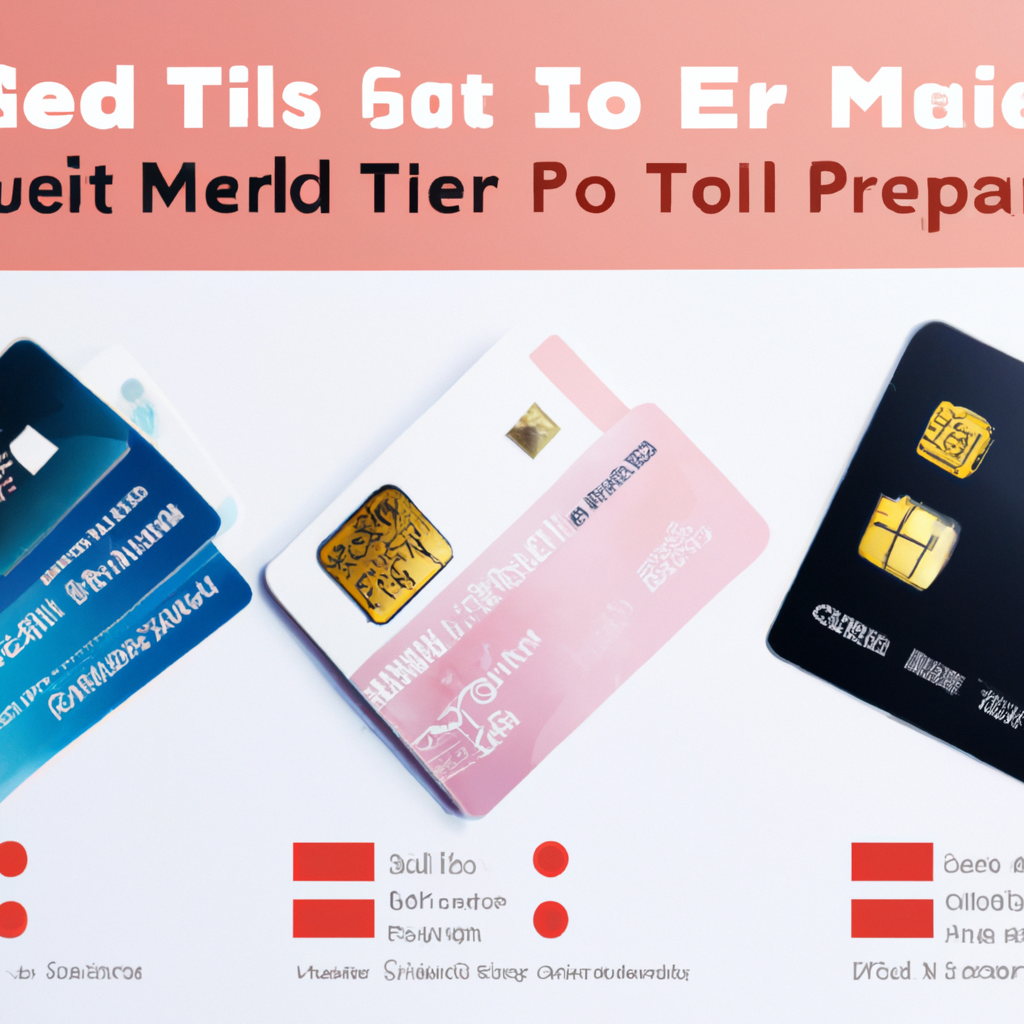
Choosing the Right Card
Choosing the right card, whether it is a credit card or a debit card, depends on your individual financial habits, needs, and preferences. Considering the following factors can help you make an informed decision when selecting a card.
Consider Your Financial Habits
Assessing your financial habits is crucial when choosing the right card. If you are responsible with credit and able to repay your balances in full, a credit card may be a suitable option. If you prefer to spend your own money and avoid debt, a debit card may be more appropriate.
Assess Your Needs
Consider the specific needs and requirements that you have for a card. Are you looking for rewards and benefits? Do you need access to funds immediately? Do you frequently travel internationally? Assessing your needs can help you narrow down your card options and choose one that aligns with your lifestyle.
Compare Features and Benefits
Comparing the features and benefits offered by different cards is important to ensure you are getting the most value for your money. Explore the rewards programs, interest rates, fees, and other perks offered by different cards to find the one that best suits your needs and preferences.
Understand the Terms and Conditions
Reading and understanding the terms and conditions of a card is crucial before making a decision. Pay attention to the interest rates, fees, payment terms, credit limits, and any other contractual obligations associated with the card. Understanding the terms and conditions will help you make an informed decision and avoid any surprises down the line.
Evaluate Fees and Charges
Consider the fees and charges associated with using the card. Credit cards may have annual fees, balance transfer fees, foreign transaction fees, and other charges that can affect the overall cost of using the card. Debit cards may have ATM withdrawal fees, overdraft fees, and other charges that you should be aware of. Evaluating the fees and charges will help you determine the true cost of using the card.
Conclusion
In conclusion, credit cards and debit cards each have their own unique features, benefits, and considerations. Credit cards offer rewards and benefits, have higher payment flexibility, and can help build and improve credit. Debit cards provide immediate access to funds, do not carry interest charges or credit score impact, and support budget management.
Choosing the right card depends on your financial habits, needs, and preferences. It is important to understand the features and benefits of each type of card, assess your financial goals, and evaluate the terms and conditions and fees associated with using the card. By considering these factors, you can make an informed decision and select the card that best suits your financial needs and helps you achieve your financial goals.






